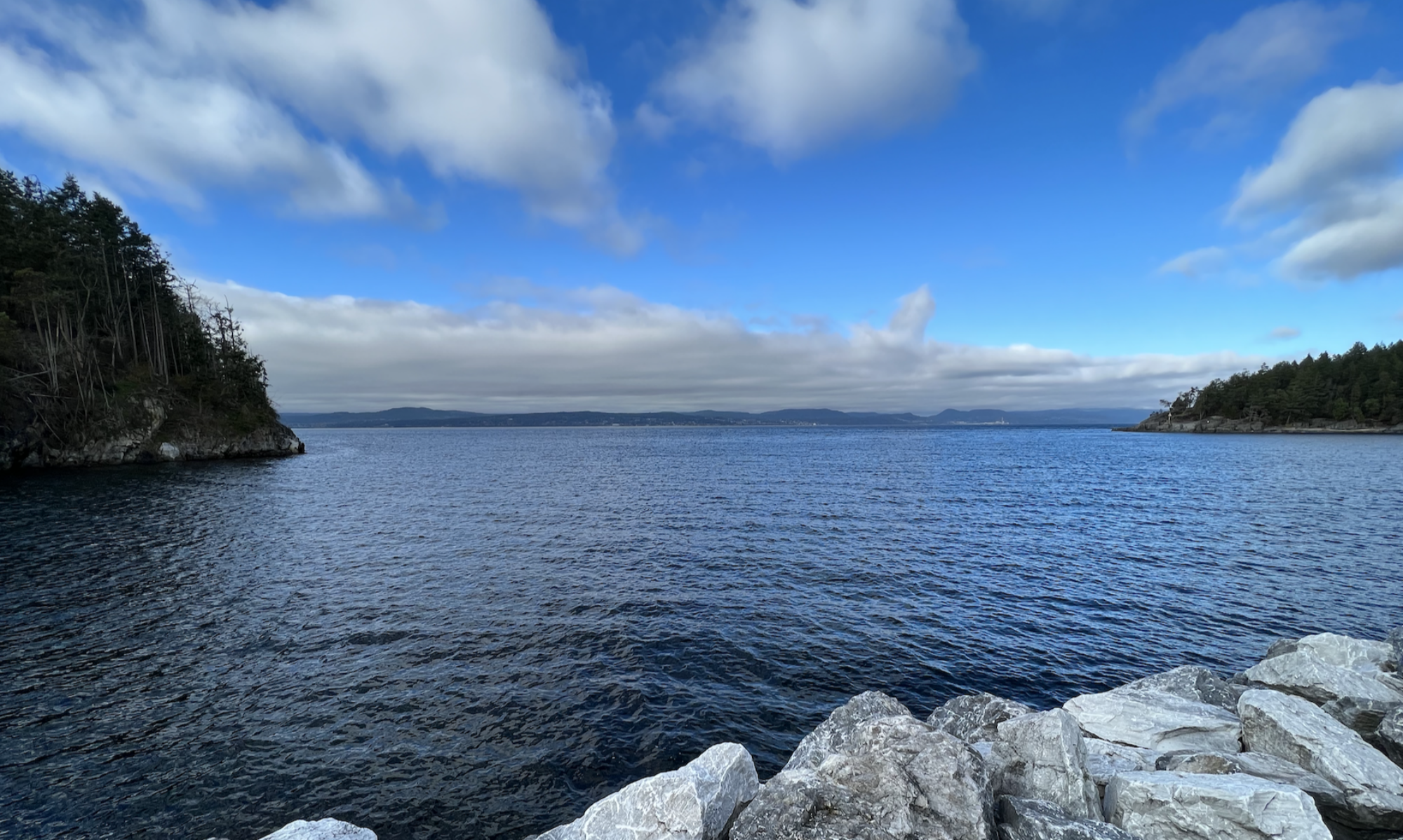What if complexity were just complexity? Multiple relations in multiple networks of people in multiple timelines that don’t always line up conveniently. As human beings, we try to look for simplifications in our plans. Often, we project our desire for a kind of simplicity onto situations that will never be as simple as we like. It’s a bit like saying rocket science is as simple as a match and some fuel. That may be true at some level, but isn’t particularly useful.
When a situation gets messy, most of us look for reasons to explain why things aren’t clear. Most of us are accustomed to a kind of blame or attribution of fault. Without forgoing an essential agreement of accountability, what if we were to acknowledge that complexity rarely requires blame, but rather, adaptation?
We laugh together when the weather is unpredictable. Though we may be frustrated that the picnic doesn’t go as planned, there aren’t too many of us who hold weather forecasters to an unforgiving certainty of prediction. We bring an umbrella, or put it away, and move on. Complexity is just complexity.
*Excerpted from Participatory Leadership Journal, Church and Community Workers, “Bloopers and Breakthroughs,” p. 82, by Tenneson Woolf and Kathleen Masters
